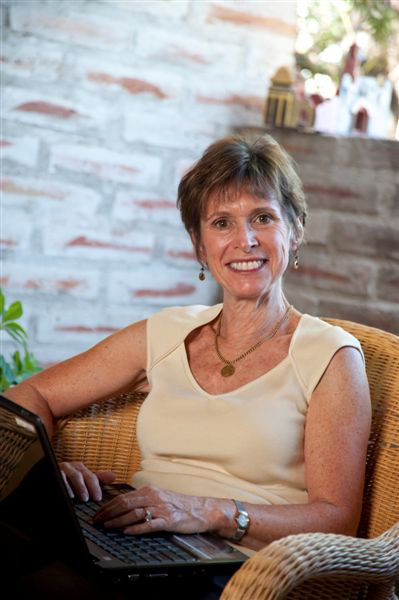
If you had told me a year ago that I would change my life by selling my Tucson home to be closer to my Mom in New Jersey or that I would spend the winter bundled up in Boston rather than hiking in the sunshine, I would have responded: “And pigs will fly!” But there it is and here I am.
Change itself is a paradox. Nothing is as consistently permanent as change and yet our relationship to change is fluid and morphs as we encounter different phases of life.
Some changes are pure serendipity; others, intentional. I certainly never expected when I hitchhiked across country after college that I would end up in Tucson or that a nice Jewish doctor from L.A. would move across state lines to marry me. Yet in the middle of my law career, I made the conscious choice to follow my heart and “study Jewish,” which changed the trajectory of my life in ways too numerous to count.
When we are young and starting out — acquiring education, careers, and family, change is usually positive. It is the currency by which we better our chances and expand our opportunities. A new job, a new relationship, a new home are exciting stepping stones to personal and professional growth.
In our middle years, if we are blessed with good health and sufficient resources, we often see change as a refinement of what we have already created, a way to improve and enhance our families, careers, and life experiences. But in our later years, change begins to take on a new, somewhat challenging meaning, as it is often heralded by diminution of health, loss of capacity, and in the end, loss of life itself.
“For everything there is a time and a season,” King Solomon writes in Ecclesiastes as he enumerates various way stations and aspects of life such as birth and death, dancing and mourning, keeping and relinquishing, planting and reaping. But Solomon also includes a “time to uproot the planted,” something we tend not to think about as we lay down our roots, build our families and careers, and develop community.
Uprooting the planted is a stark image and beckons us to consider that the deeper the roots — the more invested we are in the life we have created — the harder it may be to uproot what we have planted when that time arrives. I know from experience that uprooting what I began planting 44 years ago and tended to with great love and care has not been easy. Yet a light illuminates this new path to help me find my way: it is the light of gratitude.
Gratitude for the beautiful home, family, and community that my husband and I created and shared for so many years. Gratitude for the experiences of living in and loving the desert and its surroundings. Gratitude for knowing that life is precarious and precious and we can better survive the former if we focus on and celebrate the latter.
My sister-in-law inspired a practice that really helped me as I said goodbye to each piece of furniture, dish, and totchke that I owned. It is called “bless and release,” and it made the process of “uprooting the planted” so much easier and more meaningful. Simply described the process went like this: I acknowledged each item and thanked it for its use, beauty, functionality, purpose. And then, I let it go.
What I learned through the process of letting go is a profound truth: that we never really lose the most important things and people that we cherish in life when we let them go. They become a part of our inner landscape and we carry them with us. Abiding love, relationships, memories, and feelings are not limited to or defined by time, space, zip code, or locale. Nor do they require external manifestations to remain vital and real to us. With time, they become integrated into the fabric of our being, a part of our essence that we carry with us forever.
For in the end, letting go is all we really have to hold on to.
Amy Hirshberg Lederman is an author, Jewish educator, public speaker, and attorney . Visit her website at www.amyhirshberglederman.com.
Content retrieved from: https://azjewishpost.com/2020/letting-go-is-all-we-have-to-hold-on-to/.
